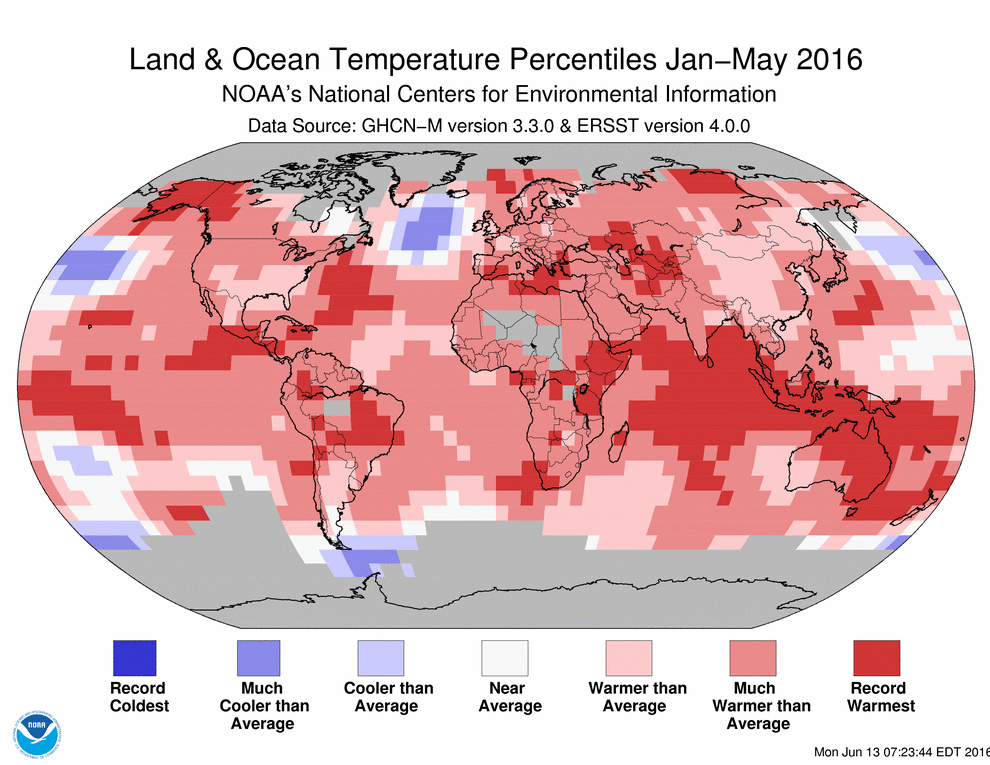- Joined
- Jan 25, 2012
- Messages
- 44,691
- Reaction score
- 14,475
- Location
- Texas
- Gender
- Male
- Political Leaning
- Conservative
Audi has already proved the concept, It is just a cost function now.If there is a solution forthcoming, the people with an understanding of the energy market and the bucks to research and market will undoubtedly be the ones to find it.
Government, while it has the big bucks, lacks the understanding of the market.
Any improvements in efficiency will only drive down the ceiling price of oil, the point where
there is more profit in the refinery making it's own feedstock.
Also there could be a path for solar homeowners, where instead of getting paid for their extra power,
they get credit for putting gas in their car. The power being traded directly with the refinery making the fuel.

